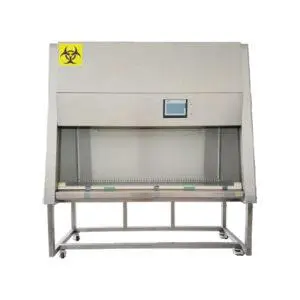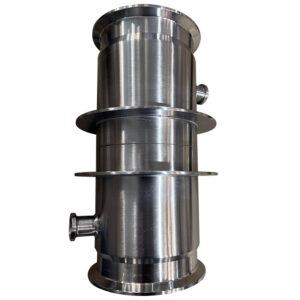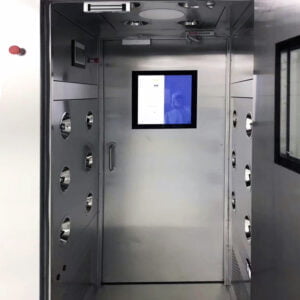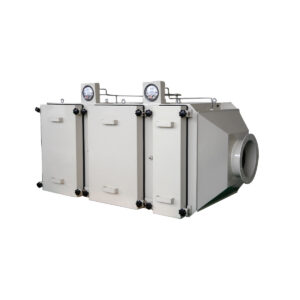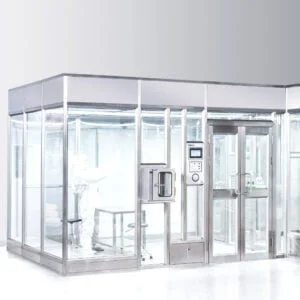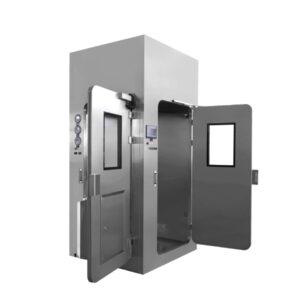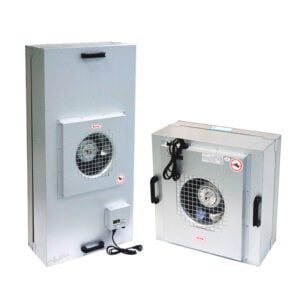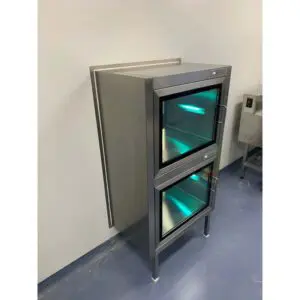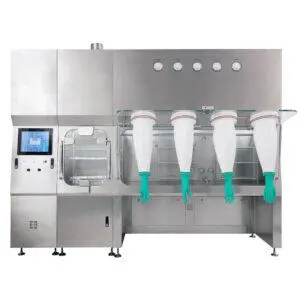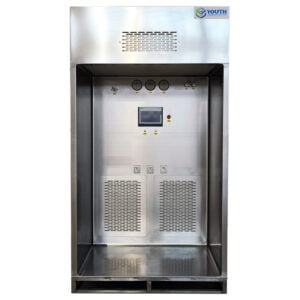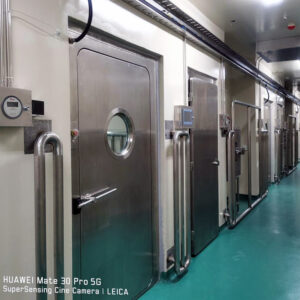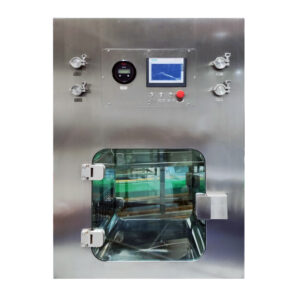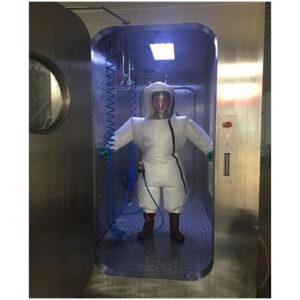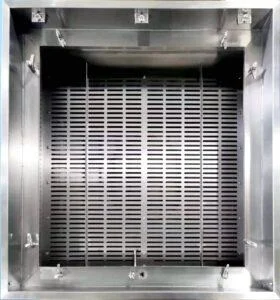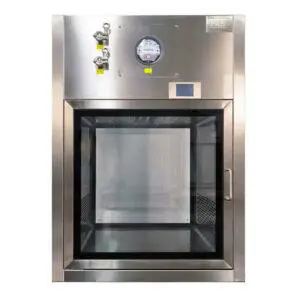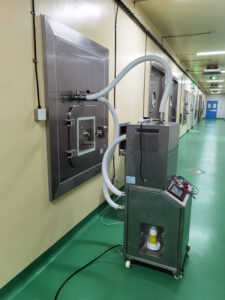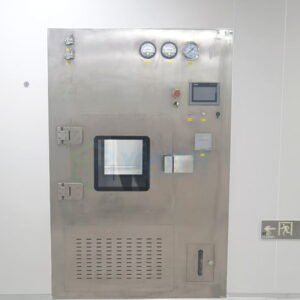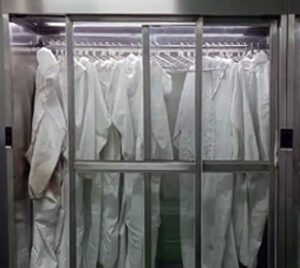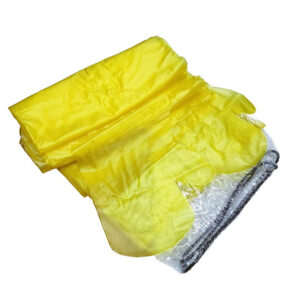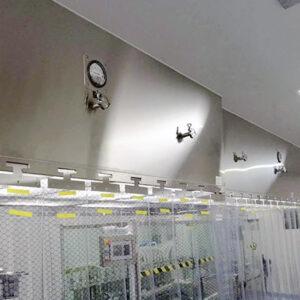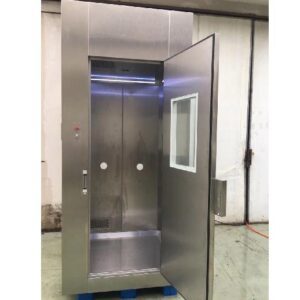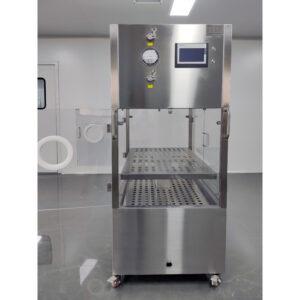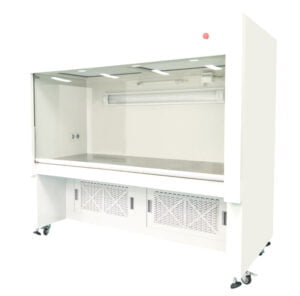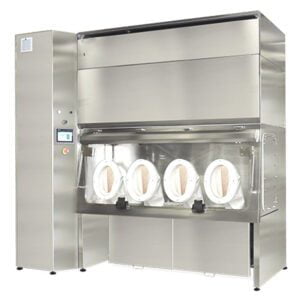In the chaos of everyday life, maintaining a clean and organized room can often seem like an insurmountable task, especially for kids and teens. However, teaching your young ones the importance of a tidy space is crucial for their development, productivity, and overall well-being. Here’s a comprehensive guide on the do’s and don’ts to help your children keep their rooms spotless and organized.
Start with Simple Habits
Teaching kids to clean their rooms is not about creating a perfect space overnight but about building consistent habits. Encourage your children to make their bed as soon as they wake up. This simple act sets the tone for a day of tidiness and helps create a sense of responsibility.
Put Away Clothes and Clutter
Clothes scattered around the room can quickly turn into a mess. Teach your kids to hang up clothes that are still wearable and put dirty ones in the hamper. For clutter, designate a spot for each item, whether it’s toys, books, or video game controllers. If there isn’t a permanent spot, create one.
Clean All Surfaces
Dust and dirt can accumulate quickly on surfaces like window sills, bookshelves, and doorknobs. Use a mixture of warm water and dish soap on a cloth, or opt for pre-moistened cleaning wipes. For glass surfaces, use a glass cleaner and a soft cloth or paper towels to avoid streaks.
Vacuum and Mop
Cleaning the floor should be the last step to avoid dirt and dust spreading around. For carpeted floors, vacuum thoroughly, including under the bed. For hardwood or vinyl floors, sweep with a broom and dustpan, then mop with a cleaning solution. Make vacuuming a monthly habit to keep the room clean.
Make Cleaning Fun
Turning cleaning into a game can make the task more enjoyable. Hide small prizes like dollar bills or snacks around the room to make cleaning a scavenger hunt. Another fun way to clean hardwood or vinyl floors is by using mop socks – just slip on a pair of clean socks, add some cleaning solution, and slide around to clean the floor.
Set a Schedule and Boundaries
For teenagers, whose schedules can be hectic, setting a specific cleaning time each week is crucial. It could be in the morning before breakfast or in the evening after school. Establishing rules, such as no food in the room, helps maintain cleanliness and prevents pests or mold.
Involve Your Kids in the Process
Cleaning with your kids, especially younger ones, is essential. Sit in the middle of the room and pick up a toy together, asking where it belongs. This interactive approach helps them understand the process and makes it less overwhelming.
Provide the Right Tools
Giving your kids their own cleaning supplies can motivate them to take care of their space. A cleaning bucket with kid-safe supplies like a duster, simple cleaning solution, and a scrub brush can make cleaning more accessible and fun.
Show, Don’t Tell
Demonstrating how to clean rather than just instructing is key. Walk your kids through each task multiple times until they grasp it. Using checklists can also help them stay on track without feeling nagged.
By following these do’s and don’ts, you can help your kids and teens develop essential life skills, maintain a clean and organized room, and foster a sense of responsibility that will benefit them well into adulthood. Remember, it’s about building habits and making cleaning a part of their daily routine. Happy cleaning
Related Contents:
- Mastering Clean Room Technology with Fan Filter Units (FFUs)
- Unlocking the Power of Clean Room Purification: Four Vital Conditions
- Essential Cleanroom Gowning Protocols and Contamination Prevention Strategies
- What Equipment is Needed for a Clean Room?
- What are Clean Room Systems?
- Mastering Cleanroom Gowning: A Comprehensive Guide to Sterile Environments and Contamination Control
- Decoding Cleanroom Materials: The Foundation of Contamination Control
- The Importance of HEPA Filters in Clean Rooms for Pharmaceutical Production
- Bag-In/Bag-Out (BIBO) Systems: Operation and Maintenance Guide


